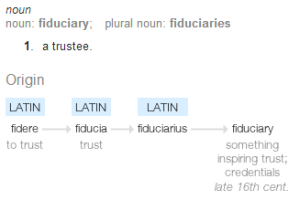What does the financial news media mean when they say, “brace for more market volatility”?
Over several decades in the investment business, I have consumed many thousands of hours of financial news from the likes of CNBC and Fox Business News. Over that same time period I have heard the term “market volatility” used ad nauseam by news anchors and Wall Street analysts in reference to every kind of investing situation. I would guess you have, too.
Here are several recent examples from a CNBC print article on their website Brace for More Market Volatility in the Second Half of 2013. http://cnbc.com/id/100848558
“Investors, buckle your seat belts. Markets in the second half could be driven by more volatility, though most strategists expect equities to ultimately end the year higher than their current levels.” Read the rest of this entry »


